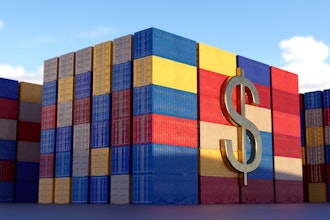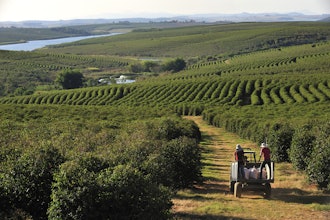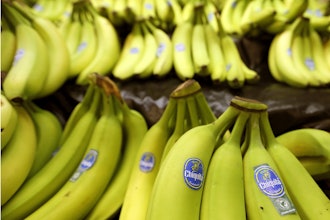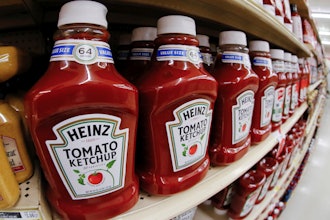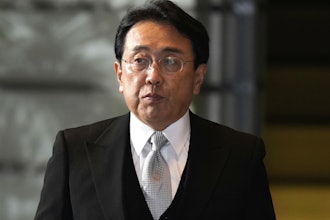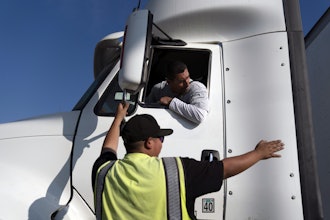
“Awareness creates responsibility.” One of my early mentors often used this maxim to point out a recurring theme in life and business: Those who are willing and able to call attention to problems should be just as eager to identify solutions, yet they rarely are. In recent years, this reality has become especially apparent in the context of the global food supply chain.
Thanks to ongoing technological advancement, we now have an abundance of tools enabling us to quickly spot problems pertaining to our food and feed. What we still mostly lack, however, are commercially responsible approaches to solving them.
Consider the grain and feed sector. Historically, it has attempted to minimize the consequences of pervasive issues by simply spreading them out. “Dilution is the solution,” as the saying goes. But rather than resolving problems, this approach magnifies them. In the food industry, the end results we see are waste (the countless tons of food rotting in back-alley dumpsters and landfills), or worse yet, illness and death.
Fortunately, we might finally be on the cusp of real solutions. Just as technology has allowed us to diagnose the issues that lead to these unwanted outcomes, it can also help us eliminate them entirely.
Finding a fix
In the developed world, we have the luxury of discarding unwanted food because, for the most part, we can absorb the associated costs. In developing countries, food-related expenses represent a much larger percentage of the average consumer’s total income. Thus, wasting food is often prohibitively expensive.
Venture capital markets have begun to pay closer attention to this problem, and for good reason. It affects a significant portion of the world’s population, which means the addressable market for potential solutions is massive. While developing these solutions is no easy task, the prize is worth the risk for the companies striving to do so.
Ultimately, this prize won’t just be a financial windfall. The implications of eliminating food waste are perhaps even more significant when considered from a humanitarian perspective. A solution that also reduces the industry’s impact on natural resource consumption would be even more significant, achieving the coveted triple bottom line. Thanks to blockchain technology, such a solution is well within reach.
The blockchain breakthrough
Broadly speaking, the various components of the food supply chain intermingle soon after harvest. This reality is an absolute in the large grain industries, and only slightly less so in the case of nuts and fresh produce. In fact, a lack of clarity prevails in nearly all food supply chains outside of the meat industry (in which ownership over the various stages is more easily defined).
Once the fungibility of a particular supply chain component is muddled, a reduction in direct accountability for its oversight soon follows. Blockchain technology can prevent this.
By design, a blockchain has inherent attributes that make it possible to accurately capture the value of an entity’s contribution to the supply chain in a way that is verifiable and traceable at any point in time. In the context of the food supply chain, members of a blockchain network could, for example, assign a unique code allowing for the traceability of each one’s output, creating a financial incentive for ownership. That means a farmer who spends significant time and money to grow the safest, most wholesome crop possible would no longer have to worry about external circumstances reducing the value of that crop further down the supply chain. Instead, they can continue to focus on maximizing their own output and trust others to do the same.
Each member of the network has a vested interest in preventing unwanted outcomes like waste and illness, which could arise at any stage of the supply chain, thus reducing the likelihood of these outcomes across all stages. In the process of acting in their own self-interest — by adhering to good manufacturing practices, keeping facilities clean, detecting contaminants early, eliminating wasteful processes, or taking other appropriate measures — each member also acts in the interest of all network participants; a supply chain free of waste and harmful food means a larger financial pie for all.
Moving food forward
The food industry is no stranger to innovation. Ongoing investments in the space from interested parties in both the private and public sectors have led to  Larry Clarke
Larry Clarke
Larry Clarke is the CEO of NanoGuard Technologies, a company that prevents food and feed waste and improves food safety by eradicating harmful pathogens and mycotoxins through its Airilization technology. He brings more than 30 years of experience in agribusiness, including global business management, trading, and international assignments.













